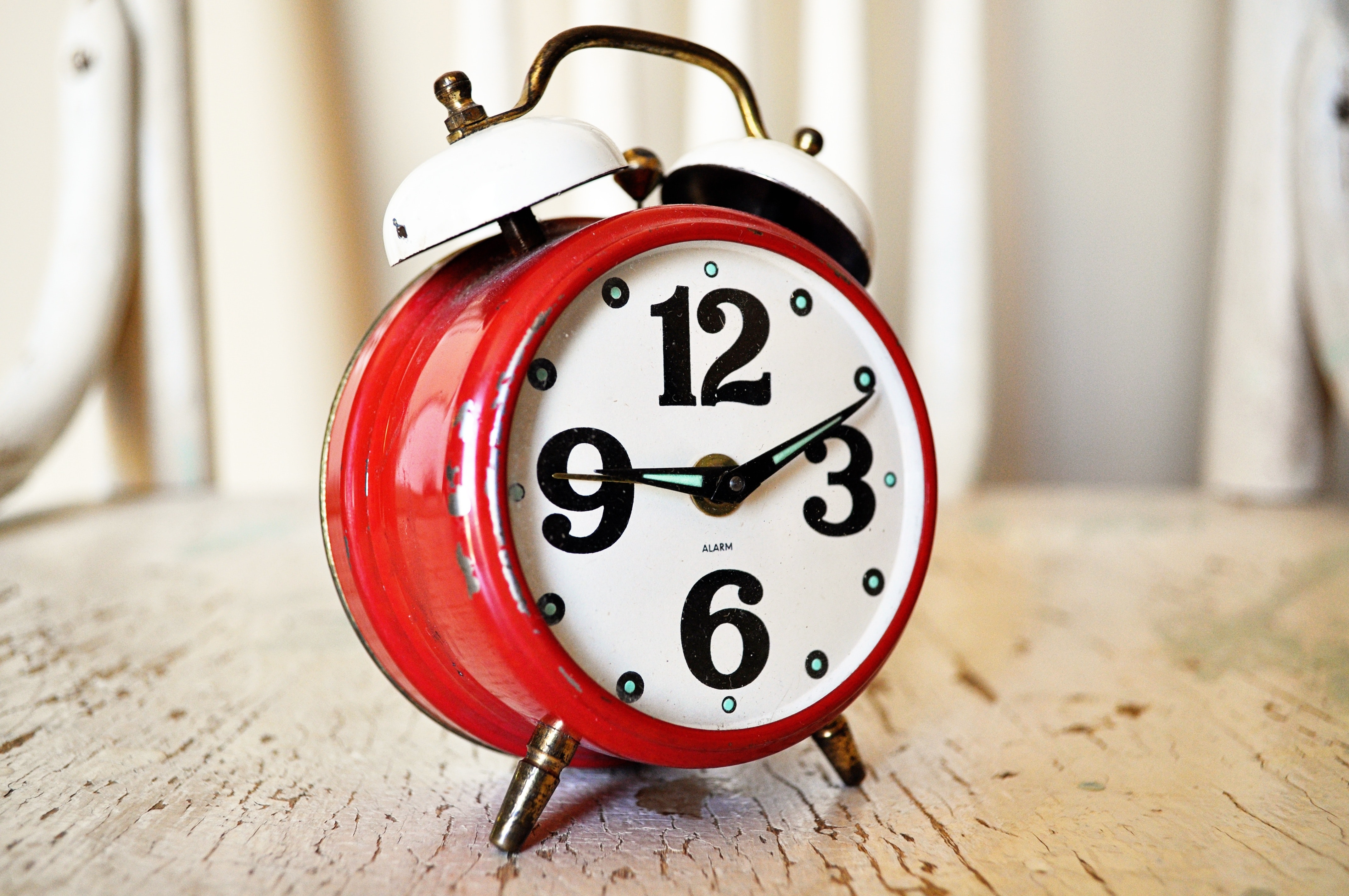It was Warren Buffett who said “the chains of habit are too light to be felt until they’re too heavy to be broken.”
The sentiment perfectly describes the creep in both the amount of time people work and the locations where work is done. It’s an insidious pattern that fools people into believing that more hours worked automatically translates into more productivity.
Aaron Edelhelt refuses to buy that myth. In The Hard Break: The Case for the 24/6 Lifestyle he makes a strong case for taking a weekly hard break or Sabbath. He’s not talking about just lounging all day. He advocates “doing something different that will allow you to test your brain and to potentially achieve some higher insight or understanding.”
Edelhelt backs up his recommendation with credible (and highly interesting) research. He’s also a great storyteller, providing dozens of real-life examples of how to replace deceptively deadly work habits with behaviors that improve both your health and your productivity.
A conversation with Edelhelt provides insights that every workaholic (admitted or not) should consider.
Rodger Dean Duncan: Although it seems counterintuitive, our society seems to bestow special status to people who overwork and over schedule themselves. What brought us to this out-of-whack view of busyness?
Aaron M. Edelheit: Go back in time and you will find the wealthy were not the ones working crazy hours, but the workers and poor. Banker’s hours used to mean working 9 am to 3 pm. Everyone aspired for the “good life.” But now, the top 20% of earners are more than twice as likely as the bottom 20% of workers to work more than 50 hours a week.
Maybe as more and more of our time has shifted to online, it might be that we need to signal our status another way and that is through busyness. I’m not sure what the answer is, but when the Wall Street Journal, whose readers are the wealthy, writes about 4 a.m. being the best work hour, something strange is going on.
Duncan: For many workaholics, it’s easy to steal more work time from family hours. (“They’ll understand. After all, I’m doing it for them.”) What’s the cost of that mentality for both family life and genuine productivity?
Edelheit: If you’re a workaholic like me, you get a high that comes from achievement, any kind of achievement. You close a deal, make a sale, even just send an email and you have achieved something. When you go home, your kids may be misbehaving, the dishes need to be done again, there’s no real sense of short-term achievement that work gives you.
The problem is that your personal relationships are the key to your happiness and satisfaction in life and they require long-term commitment, even without any short-term sense of achievement.
The long-term cost can be quite high, as marriages can end in divorce, children don’t feel connected with parents, and stress levels of failing at home bleed over into struggles at work.
Duncan: You cite a study showing that in one recent year Americans left 662 million paid vacations days unused. On the surface, one might think employers would be okay with that. But what impact does that have on productivity in the workplace?
Edelheit: My book ended up with 200 footnotes despite the removal of dozens of other references. I was worried that my book might turn into a scientific or medical journal. Here’s the summary: overworking is bad for your health, mental health, productivity, creativity and personal relationships. Basically, you name it and overworking hurts it in the long run.
Specifically to productivity, our cognitive performance (problem solving and creativity) declines as our brain gets tired. And when we are fatigued, we are more prone to mistakes. So, if you want to be less productive, less creative and more prone to mistakes, just take fewer vacations.
Duncan: For people who resist the notion of taking a Sabbath break from a workaholic lifestyle, what are some of the baby steps to getting started?
Edelheit: I’m just as addicted to my phone and computer as anyone and for me taking baby steps helped show me that I could do it. Try turning off your phone and computer for three to four hours one day during the weekend.
Another is to schedule a shared meal with family and/or friends. During the week, I’m normally shoveling food into my mouth as fast as possible. I call it “panic eating.” I try to have a relaxing meal on my Sabbath. The feeling of relaxation, enjoyment, and satisfaction is something everyone should have after a long week.
But even better are the benefits to your children. Want them to perform better academically, have less involvement in drugs and alcohol and feel closer to you as parents? Columbia University’s National Center on Addiction and Substance Abuse prescribes having a regular shared meal with your children.
And the shared meal is just part of the idea to make your Sabbath fun and special. Do things you normally don’t do during the week. Try reading for pleasure or taking a nap. Simple things like this are transformative.
Duncan: You write about the power of “keystone habits.” What is a “keystone” habit and what effect can it have on a person’s ability to take a hard break from daily routines?
Edelheit: A keystone habit is a foundational habit that impacts all facets of life, not just the behavior you’re trying to change. The concept comes from the wonderful book, The Power of Habit, by Charles Duhigg. I suggest that the key to Chick-fil-A’s success is the company’s foundational habit of being closed on Sunday. By focusing on the care of their employees and their families through a company-wide day of rest on Sunday, Chick-fil-A saw a cascade of benefits that then drove the company to act even further.
From the Sabbath, the company went on to start providing scholarships to seasonal employees, caring more about food quality, customer service, the quality of food and even about the care of the chickens they eventually serve to customers.
Every Chick-fil-A is closed every Sunday and this foundational or keystone habit has turned into a key advantage over its rivals. Chick-fil-A did $9 billion in revenue last year and the average Chick-fil-A did four times the revenue of the average KFC, which is open every day. They consistently have the best customer service rankings, highest cleanliness scores and most engaged employees. The Sabbath has transformed Chick-fil-A into a powerhouse.


